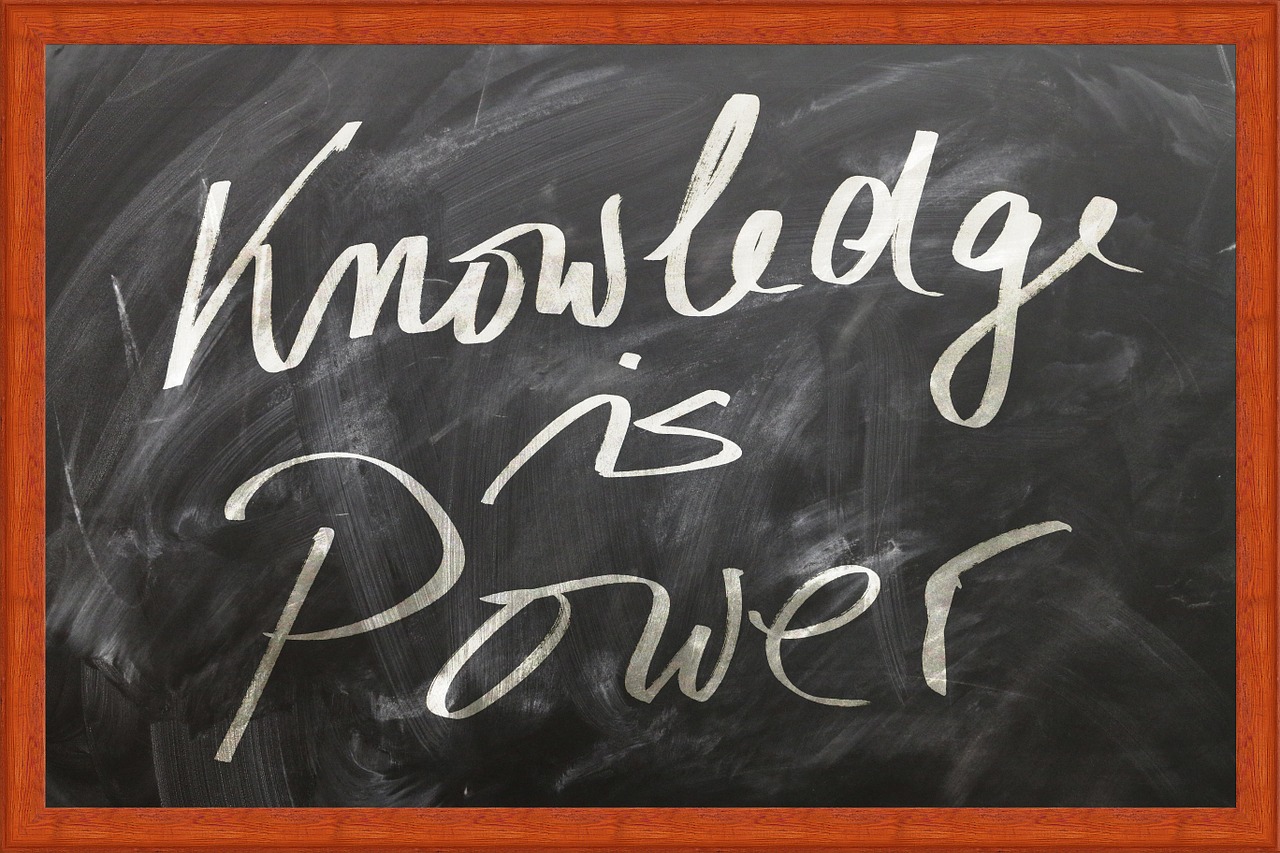The effects of poverty on education
Kids who live in poverty may come to school dressed differently. Poor kids might have to wear clothing that is dirty because their parents can't afford a washing machine, or they may not have the opportunity to wash themselves every day because they might not have a place to go home after school. Some families who are poor may live in their cars, at homeless shelters, or even in the street.
a) Watch the following video:
b) After watching the video, read and answer the following questions.
- Has the economic rate of segregation increased or decreased?
- What are the main disadvantages of children living in poverty?
- What do we must do in order to provide support for poor children?
c) Read the following article which belongs to the United Nations and it is not adapted. You just have to skim it and to scan it.
First, skim the reading to grasp the main idea and, secondly, scan it to get the specific information that calls your attention.
d) Complete:
i. The main idea of the article is :
_____________________________________________________________________________________________________
ii. Specific information that called my attention:
- _______________________________________________________________________________________________________________________________
- _______________________________________________________________________________________________________________________________
- _______________________________________________________________________________________________________________________________
Here you can download the handout for the students to write their answers in odt or pdf.

